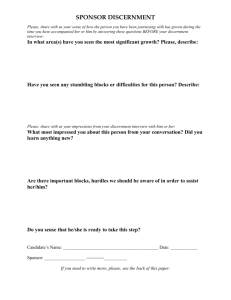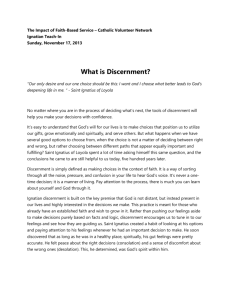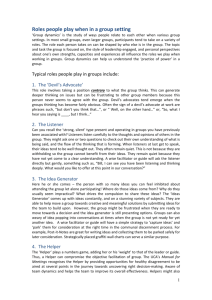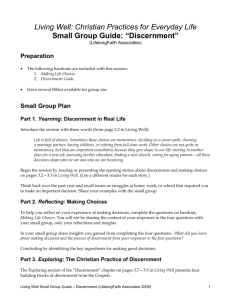Diary of a Wimpy Kid by Jeff Kinney
advertisement
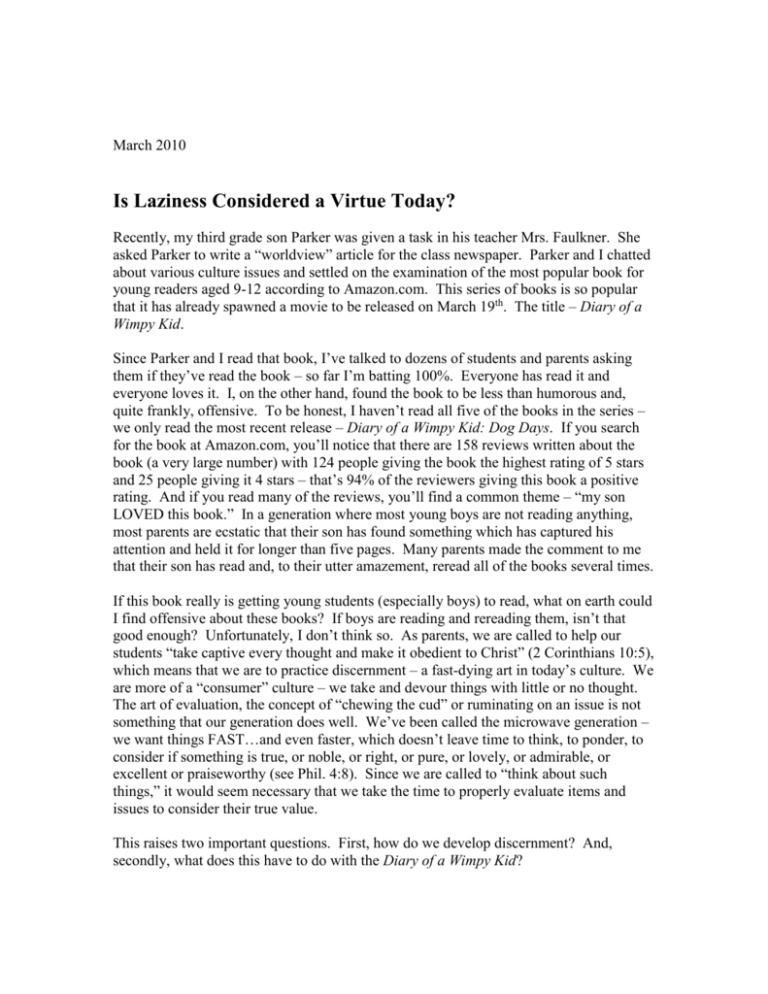
March 2010 Is Laziness Considered a Virtue Today? Recently, my third grade son Parker was given a task in his teacher Mrs. Faulkner. She asked Parker to write a “worldview” article for the class newspaper. Parker and I chatted about various culture issues and settled on the examination of the most popular book for young readers aged 9-12 according to Amazon.com. This series of books is so popular that it has already spawned a movie to be released on March 19th. The title – Diary of a Wimpy Kid. Since Parker and I read that book, I’ve talked to dozens of students and parents asking them if they’ve read the book – so far I’m batting 100%. Everyone has read it and everyone loves it. I, on the other hand, found the book to be less than humorous and, quite frankly, offensive. To be honest, I haven’t read all five of the books in the series – we only read the most recent release – Diary of a Wimpy Kid: Dog Days. If you search for the book at Amazon.com, you’ll notice that there are 158 reviews written about the book (a very large number) with 124 people giving the book the highest rating of 5 stars and 25 people giving it 4 stars – that’s 94% of the reviewers giving this book a positive rating. And if you read many of the reviews, you’ll find a common theme – “my son LOVED this book.” In a generation where most young boys are not reading anything, most parents are ecstatic that their son has found something which has captured his attention and held it for longer than five pages. Many parents made the comment to me that their son has read and, to their utter amazement, reread all of the books several times. If this book really is getting young students (especially boys) to read, what on earth could I find offensive about these books? If boys are reading and rereading them, isn’t that good enough? Unfortunately, I don’t think so. As parents, we are called to help our students “take captive every thought and make it obedient to Christ” (2 Corinthians 10:5), which means that we are to practice discernment – a fast-dying art in today’s culture. We are more of a “consumer” culture – we take and devour things with little or no thought. The art of evaluation, the concept of “chewing the cud” or ruminating on an issue is not something that our generation does well. We’ve been called the microwave generation – we want things FAST…and even faster, which doesn’t leave time to think, to ponder, to consider if something is true, or noble, or right, or pure, or lovely, or admirable, or excellent or praiseworthy (see Phil. 4:8). Since we are called to “think about such things,” it would seem necessary that we take the time to properly evaluate items and issues to consider their true value. This raises two important questions. First, how do we develop discernment? And, secondly, what does this have to do with the Diary of a Wimpy Kid? First, how do we develop discernment? Wow, that’s a great question and much too complicated to address here completely. For further study on the issue, let me suggest some outstanding resources. First, pastor and author John MacArthur has some outstanding materials related to the issue of discernment. One outstanding article by MacArthur on the subject is available here and there are some great sermons available on YouTube as well. MacArthur’s website for more material is Grace to You. MacArthur also wrote the foreword to a book by Tim Challies on discernment entitled The Discipline of Spiritual Discernment. Now to the second question – what does discernment have to do with the Diary of a Wimpy Kid? The question that we need to ask ourselves in reading or watching material is what message is this material sending? Is the message contrary to the teachings of God’s Word or in line with biblical principles? When Parker and I read the Diary of a Wimpy Kid: Dog Days, we read about a lazy young man who is disrespectful and disobedient to his parents. The overwhelming message of the book is that laziness is funny. I asked Parker if this message lined up with Scripture and even as a nine-year-old, he knew that God’s Word teaches the value of hard work. We reflected on verses from Scripture including Dr. Taylor’s favorite Colossians 3:23 where we are encouraged to do our work “with all your heart” or “heartily as unto the Lord.” We looked at Ephesians 2:10 where we are told that “we are God’s workmanship, created in Christ Jesus to do good works, which God prepared in advance for us to do.” Then we turned to the Book of Proverbs and read that “One who is slack in his work is brother to one who destroys” (Prov. 18:9) and “The sluggard’s craving will be the death of him, because his hands refuse to work” (Prov. 21:25). From the Garden of Eden to The Revelation, God’s Word is clear that we are to be hard workers even warning that those who refuse to provide for their families are worse than unbelievers (1 Timothy 5:8). Personally, I don’t believe that this generation needs any encouragement to be lazy – our sin nature is to be lazy! We are a long way from the rural society of our grandparents who learned to value a hard day’s labor. Far too often those who take shortcuts or find ways out of hard work are heralded as the true “heroes” of our day. If you haven’t yet read the Christian classic Thoughts for Young Men by J.C. Ryle, you ought to – he warns about the “consequences of idleness” and stresses the importance of youth as the “seedtime of full age – the moulding season in the little space of human life…” This generation needs to read of great men and women of the faith who overcame great obstacles to walk faithfully with God standing strong against the current of culture. I recently read a biography about such a great man – his name was General George C. Marshall and the book is entitled Soldier, Statesman, Peacemaker by Jack Uldrich. I highly recommend this book as well as one by former US Attorney General John Ashcroft titled Lessons from a Father to His Son. Both of these books are filled with stories about hard work, integrity, character, and humility. Two other incredible resources I would strongly recommend are Do Hard Things by the Harris brothers and A Serious Call to a Devout and Holy Life by William Law – both are in my list of favorite books! The reward of a hard working people is a productive and creative society. When the early settlers came to America they brought with them what was known as the “Protestant work ethic” – a term coined by Max Weber and connected with the rise of capitalism as the economic structure of this new frontier. In this book The Protestant Ethic and the Spirit of Capitalism, Weber noted the difference between acquiring something and building something – the greater the labor involved, the greater the appreciation for the end result. This same truth rang out in the spirit of the revolutionaries like Thomas Paine who wrote: The harder the conflict, the more glorious the triumph. What we obtain too cheap, we esteem too lightly; it is dearness only that gives everything its value. I love the man that can smile in trouble, that can gather strength from distress and grow brave by reflection. 'Tis the business of little minds to shrink; but he whose heart is firm, and whose conscience approves his conduct, will pursue his principles unto death. That same physical truth applies to the spiritual realm as well. Too often “saved by grace” becomes a hurdle for the devoted life instead of a catalyst for it. German pastor and author Dietrich Bonhoeffer wrote about this “cheap grace” in his classic work The Cost of Discipleship. MacArthur followed in this path with his recent book Hard to Believe – both deal with the “modern” believer who has not learned how to work hard in the pursuit of God. Like several of the companions of Christian in The Pilgrim’s Progress, these individuals get easily sidetracked and trapped in modernity’s lair of what Schaeffer termed “personal peace and affluence.” If you’ve never seen or heard Francis Schaeffer speak about the coming cultural crisis, please check out the incredible series How Should We Then Live? (YouTube video of several of these are online). Maybe Isaac Ambrose, author of The Christian Warrior, summarized the idea that Christians need to work hard best when he wrote: Soldiers of Christ, be aware that you are highly advanced in God's creation, that you occupy an important station, that you have and arduous work alloted to you, and you have neither time nor talent to throw away. For you are enlisted under the banner of Christ; you have entered the armies of the Most High, have taken an oath of allegiance to the King of Zion, and bound yourselves by an oath to fight the good fight of faith against sin, Satan, the world, and the flesh. Amen. Dan Panetti Worldview Director
